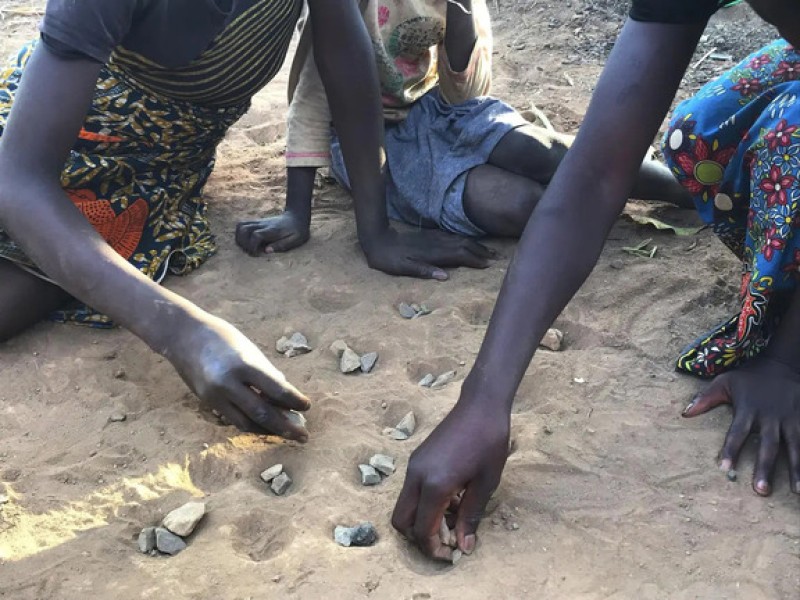Lead is a metal used in different industries such as electric, automotive, and construction and it doesn't break down over time. It can get into the body through mere skin contact, and exposure to it causes "stunted growth, learning difficulties, memory loss, developmental delays, and many other irreversible health effects. It can also cause coma and death," the human rights watchdog reported.
Originally, the mine belonged to Anglo-American and other British colonial companies, either directly or indirectly. It was later nationalized and eventually shut down.
However, no measures were taken to clean up the toxic waste produced by the mine, and this has resulted in large amounts of lead dust being blown by the wind from the exposed waste dumps into nearby residential areas such as Chowa, Kasanda, and Makululu, causing a significant health risk to the approximately 200,000 people who live in these areas.
"This is Kabwe, this is our home," Mwelwa Lungu, a youth group member at Environment Africa, told HRW. "And we are entitled to live in a clean, healthy, and sustainable environment that doesn't make us sick."
The World Health Organization warned regarding the high health risks of lead poisoning, declaring in 2022 that "almost one million people die every year due to lead poisoning, with more children suffering long-term health effects."
In fact, young children are at greater risk of lead poisoning than adults because their bodies tend to absorb 4-5 times more lead from a particular source. This higher absorption rate is due to their smaller size and the fact that their organs, including their brains and nervous systems, are still maturing.
As a result, even low levels of lead exposure can have a significant impact on their health and development.
Medical researchers estimate that more than 95% of the children living in the area have elevated lead levels in their blood, with approximately half requiring urgent medical care due to the severity of their condition.
In October 2020, a lawsuit on behalf of an estimated 100,000 children and women in Zambia's central Kabwe District was filed against the mining giant Anglo American.
In January 2023, the United Nations declared the involvement of its experts in the lawsuit.
UN’s experts argued "that Anglo American was acting contrary to its professed commitments to human rights in business when it opposed the Court even considering this class action."
Anglo American denied responsibility for wrongdoings in the Kabwine mine.
According to the U.N. Environment Programme's Sub-programme 7, "presently, Kabwe is listed as one of the ten most polluted sites in the world."



